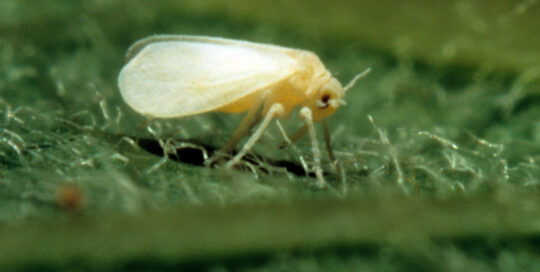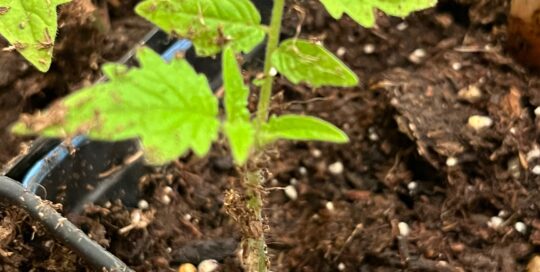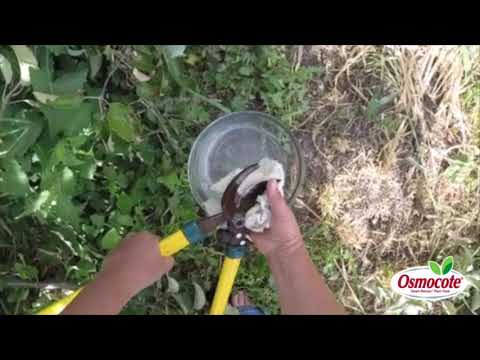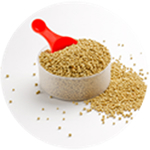Protecting Plants from Grasshoppers
Views: 5130
When grasshoppers hit at Biblical proportions there are a few items in the home gardener’s arsenal.
Spraying for Grasshoppers
The first line of defense is spraying the garden area with a natural protozoan, Nosema locustae, that is mixed in a bran bait. (Look for it in garden stores or online.) The young grasshoppers eat it, and it eventually kills them. It doesn’t hurt kids or pets, and is considered fine to use in an organic operation. The drawback is it doesn’t work immediately.
Floating Row Cover
Keeping grasshoppers and plants separated by means of a floating row cover is also effective. A friend of mine called bemoaning the grasshoppers on her own basil plants, but once she covered them with the light cover she managed to grow enough for pesto. It can be hard to cover your entire garden, though, so its best used for certain favorites. Plus, when theyre hungry enough they will eat fabric. In particularly bad years, use metal screening to keep them away.
Trap Crops for Grasshoppers
Some gardeners plant a special crop for the grasshoppers to keep them out of their garden. This might seem extreme, but it helps keep them out of the beets, at least for a short time. Oddly enough, one of the grasshoppers favorites are zinnias. Not good for people who grow these pretty blossoms for cut flowers, but it does create a lovely border around the veggies. Perennial grasses also work well. Keep the area watered and healthy so the grasshoppers dont wander off into the more delicious main garden.
Another benefit of the trap crop is it can be ground zero when it comes to spraying the little darlings. Sevin works well in killing them, and is even more effective when theyre concentrated in one area so its not a hit and miss operation. As always, the drawback of Sevin is it kills everything, including the beneficial spiders that eat grasshoppers.
Chickens as Grasshopper Control
Enlisting the poultry patrol is one of my favorite ways of dealing with grasshoppers. The garden plants arent as vulnerable this time of year, and theres something particularly satisfying watching the chickens and ducks enjoy these hopping treats. Youre benefiting your birds and taking care of the grasshoppers at the same time.
Although most of the country doesn’t have to deal with horrific numbers of grasshoppers theyre still a major nuisance. (I recently read the book, The Worst Hard Times, about the Dust Bowl, which of course, described the plague of grasshoppers. They came in dark clouds, and ate everything before moving on to the next patch of anything alive.) Unless youre okay with holes in your greens and other vegetables you have to dissuade the grasshoppers from taking up residence in your garden.
Meet Amy Grisak
Amy is a freelance author and photographer in Great Falls, MT who specializes in gardening, foods, and sustainable agriculture. She provides information on every kind…
Amy's Recent Posts

Watch Out for Silverleaf Whiteflies








